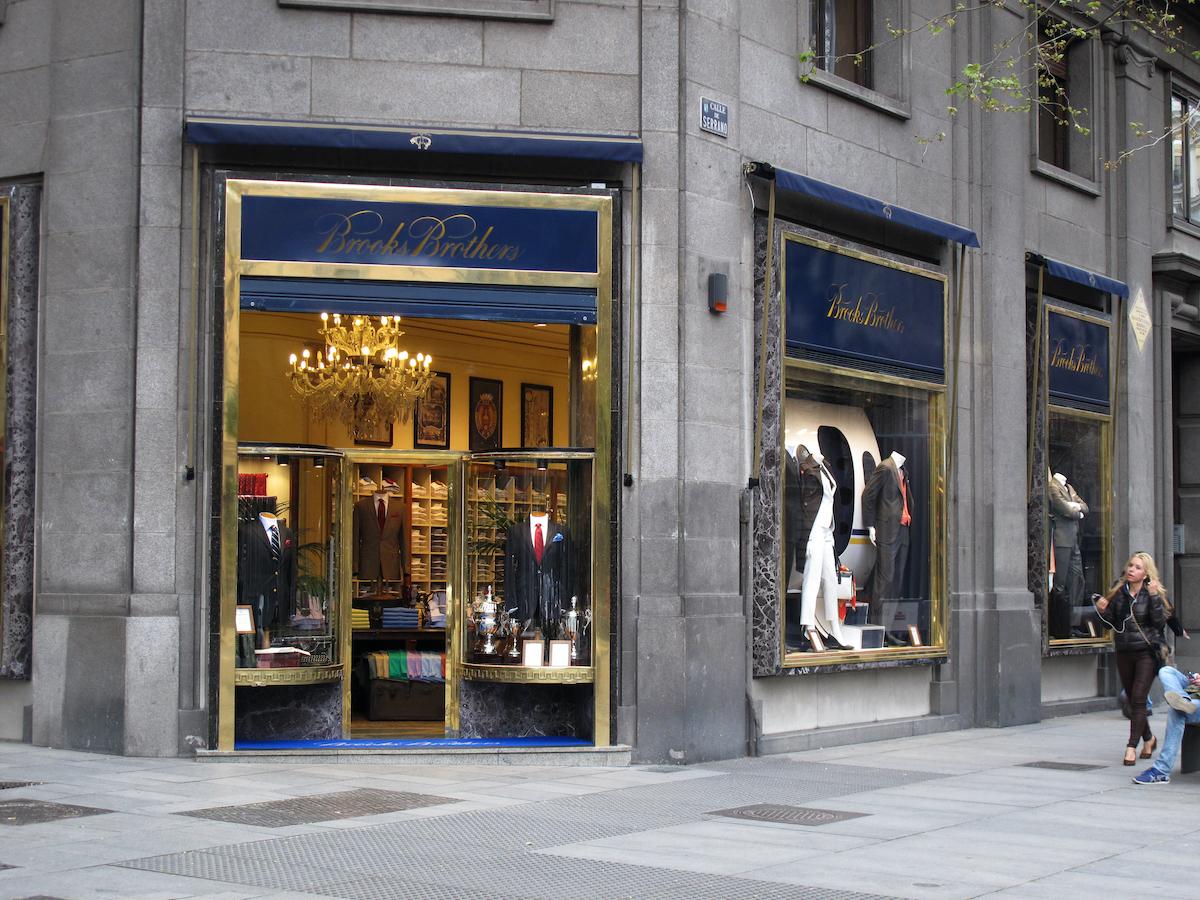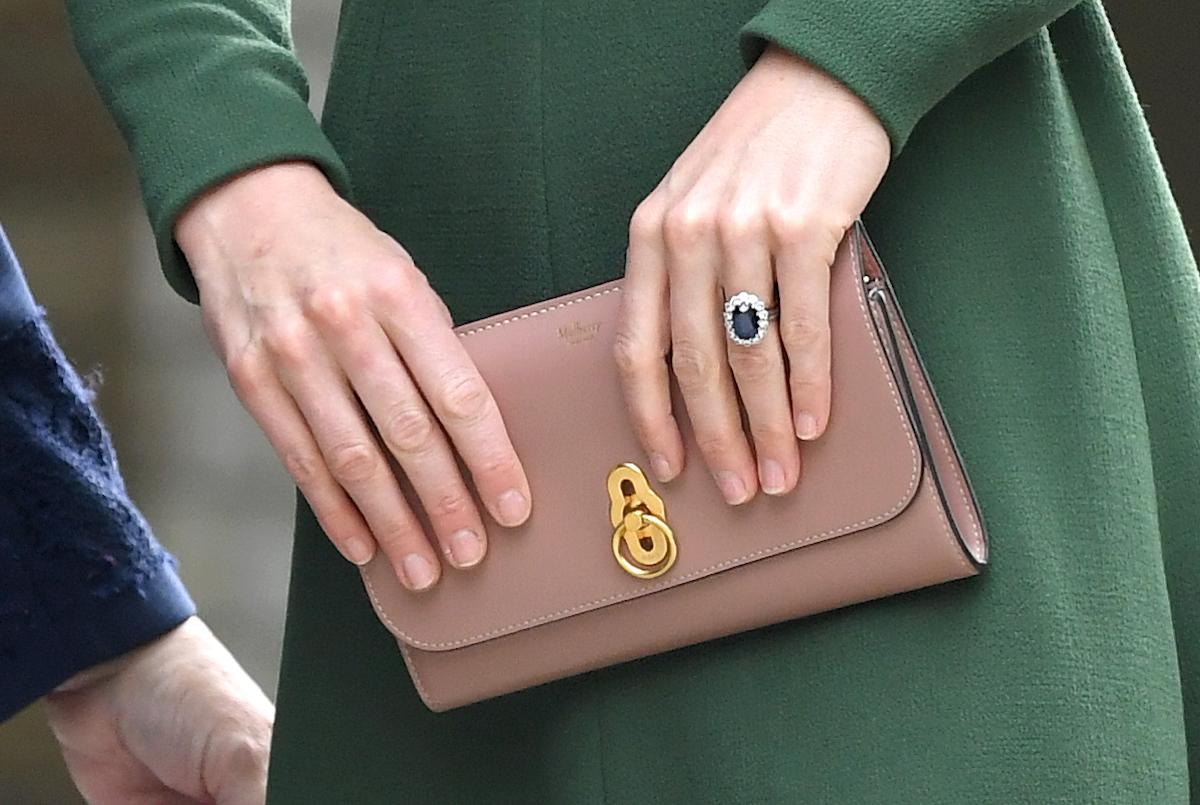Brooks Brothers and Mulberry Ban Exotic Animal Skins
Brooks Brothers and Mulberry are banning exotic animal skins, such as crocodile and snake, from their collections.
Updated May 11 2020, 12:05 p.m. ET

Two major fashion companies, Brooks Brothers and Mulberry, have just joined the long list of brands to ban exotic animal skins from their collections.
Exotic animal skins mostly refer to the skin of reptiles, such as crocodiles, snakes, alligators, and lizards, as well as ostriches. These animals are sometimes hunted for their skin, but more commonly, are bred and raised on factory farms for their skin.

Brooks Brothers, founded in 1818, is often regarded as the U.S.’s oldest clothing retailer. The company announced that it was removing exotic animal skins from its collection on April 30, as WWD reported. Animal rights organization PETA praised Brooks Brothers, who banned mohair (angora goat hair) from its collections in 2018 in response to a PETA investigation of angora goat farms.
“Behind every crocodile- or snake-skin item is an animal who experienced a violent, bloody death,” PETA Executive Vice President Tracy Reiman said in a statement. “PETA thanks Brooks Brothers for protecting these vulnerable animals and points kind consumers to high-quality vegan materials that are the future of fashion.”

Catherine, Duchess of Cambridge, carrying a Mulberry purse.
Mulberry, a U.K.-based luxury fashion house best known for its leather goods, announced on May 5 that it would be banning exotic animal skins, Harper’s Bazaar reported. Mulberry, whose designs are often worn by Meghan Markle and Kate Middleton, is already a fur-free brand.
“[W]e have spent a lot of time determining and then continually reviewing our sustainability metrics and targets,” Rosie Wollacott, Mulberry Group Sustainability Manager, said in a statement via Vegconomist. “At an early stage of this process we decided not to use exotics in our collections and this remains our position.”
"Behind every handbag or wallet made with exotic skins is an animal who suffered tremendously," PETA Director Elisa Allen said in a statement, as per Plant Based News. "Mulberry's decision to ban these cruelly obtained materials is a sign of the times, and PETA calls on other luxury labels to follow its lead."

Charlotte Wiggins (L) and Sam Rollinson attend Mulberry's 'It's Not Quite Christmas' party on November 15, 2017 in London, England.
This is certainly a positive move from the two brands — but it’s important to note that exotic animal skin does not apply to leather, a material that shows up a lot across both Brooks Brothers and Mulberry’s collections (particularly Mulberry’s, who is known for its leather bags). Leather most commonly comes from cows and calves (baby cows), but can also come from sheep, lambs, goats, and pigs.
Brooks Brothers and Mulberry are not the first brands to ban exotic skins — other designers to do the same include Diane von Furstenberg, Chanel, Victoria Beckham, Vivienne Westwood, and Paul Smith, as well as the U.K. department store Selfridges.
The two brands announcing bans on exotic animal skins during the coronavirus pandemic is no accidental timing, considering the reported origins of COVID-19. Experts believe the virus started in a “wet” market, aka live exotic animal market, in Wuhan, China.
As explained by Business Insider, wet markets put people, live animals, and dead animals in close contact, creating the perfect breeding ground for zoonotic diseases to be transmitted from animals to humans. Experts agree that shutting down live animal markets and factory farms will help reduce the chance of future similar viral pandemics — and now is the time to listen.